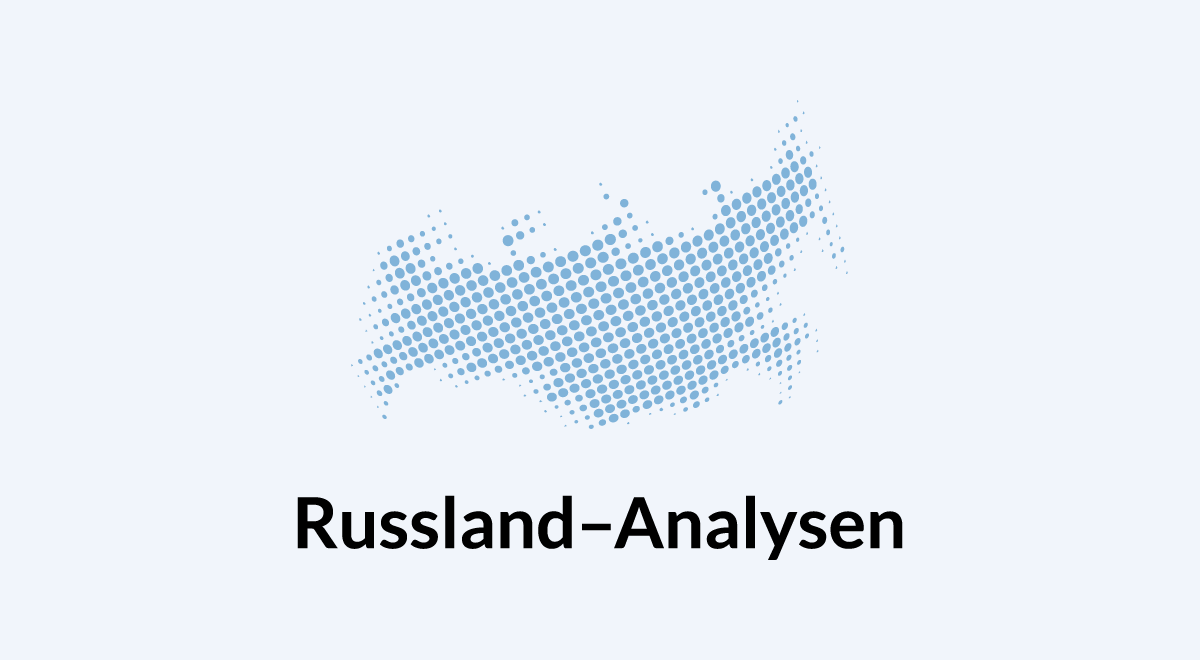![]() Artikel
Artikel Von Nadja Douglas
ZOiS Report 6/2020 State-society relations in Belarus have been tense for many years. The presidential elections in August 2020 and the mishandling of the ongoing Covid-19 pandemic have proved to be the catalyst that brought these fragile relations to a complete breakdown. Over the years, the widening gap between a new generation of an emancipated citizenry and a regime stuck in predominantly paternalistic power structures and reluctant to engage in political and economic reforms has become increasingly evident. The deteriorating economy during the last decade and the perceived decline of the country’s social welfare system have been important factors in these developments. At the same time, the regime has continued to invest in its domestic security structures to a disproportionate extent compared with neighbouring states, allowing the so-called silovye struktury (“state power structures”) to gain influence at the highest level of state governance. (…)
Zum Artikel auf zois-berlin.de  Analyse
Analyse Von Hans-Henning Schröder
Am 10. Dezember 2011 kam es in Moskau zu einer Massenkundgebung, an der an die 40.000 Menschen teilnahmen. Die Demonstration richtete sich gegen die Fälschung der Dumawahlen, die am 4. Dezember stattgefunden hatten. Der Massenprotest brach mit der »resignativen Akzeptanz« und dem Rückzug ins Private dar, der die Haltung der Bevölkerung in den letzten Jahren gekennzeichnet hatte. (…)
Zum Artikel